The Day My Mentor Died: Lessons from Swami Agnivesh for a World in Crisis
If he were alive today, he would be tireless in his witness and advocacy. He would rage against the genocide in Gaza — and he would also draw the connection between it and the patterns of political violence unleashed after 9/11.
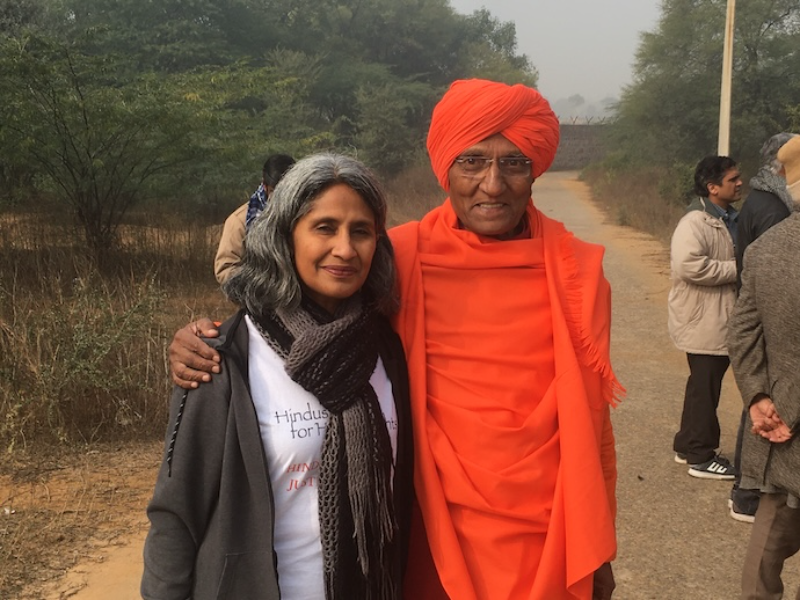 The writer with Swami Agnivesh (right). / Handout/Sunita Viswanath
The writer with Swami Agnivesh (right). / Handout/Sunita Viswanath
September 11 is a date marked by two profound losses for me. Twenty-four years ago, the world watched in horror as the Twin Towers fell, a moment that unleashed decades of war, surveillance, and division. And on this same day, four years ago, my mentor and dear friend Swami Agnivesh died — a man whose life was spent trying to break the very cycles of hate and vengeance that 9/11 intensified. His passing on this date has always felt symbolic to me: a voice of peace extinguished on the very day the world most needed to hear it.
This year, as we mark the anniversary, the tornadoes of global violence feel even fiercer. From Gaza to Manipur, from the streets of Minneapolis to the halls of Congress, violence is wielded not just by extremists, but by governments and leaders who claim to keep us safe. The same forces that struck the towers in 2001 — and the forces of vengeance they unleashed — now reverberate across the globe, reshaping nations and tearing at the fabric of our societies. In this darkness, I remember Swamiji’s unwavering belief that true courage lies not in striking back, but in breaking the cycle of hate with radical love and unflinching truth.
Swami Agnivesh, that lone towering figure in the world who connected his Hindu faith to a stand for peace and human rights the world over, devoted his life to fighting caste and religious bigotry. Through his organization Bandhua Mukti Morcha (Bonded Labor Liberation Front), he worked for the rights of bonded laborers, mostly Dalits. Swamiji took a strong position against all forms of religious nationalism, particularly the kind that throttles democracy and pluralism in India: Hindutva.
Swamiji’s vision was expansive. He saw Hindutva as part of a global web of hatred and exclusion — the same kind of ideological force as anti-Semitism and Islamophobia — and he understood that religious nationalism anywhere endangers people everywhere. This is why his message continues to resonate in today’s crises, from the genocide in Gaza to the systematic targeting of minorities in India.
He utilized his platform to speak out on issues worldwide, consistently advocating for peace and justice. During the anti-Sikh pogroms of 1984, Swamiji physically went to the neighborhoods where Sikhs were being massacred. He called for an end to the carnage and rescued as many people as he could. He was a devoted champion of a free Palestine, and his heart would have been shattered by the genocide underway in Gaza.
Swamiji was jailed at least 11 times in his life, and there were six attempts on his life. Towards the end of his life, he was brutally beaten twice by Hindutva mobs — once in Jharkhand in July 2018, and again a month later in Delhi, outside the BJP headquarters on the day of former prime minister Vajpayee’s funeral. Both incidents put him in the hospital, and while the official cause of his death was cirrhosis of the liver, there is no doubt that the life of this man of peace and moral and religious integrity was cut short by those last two beatings.
Swami Agnivesh was a close friend, teacher, and mentor to me. I stayed with him when I visited India, and he was a trusted advisor in my work to mobilize Hindus around the world to stand for peace and justice and reject caste and Hindutva. His life’s mission — standing against religious nationalism and for universal human dignity — is the very work Hindus for Human Rights continues today.
If he were alive today, he would be tireless in his witness and advocacy. He would rage against the genocide in Gaza — and he would also draw the connection between it and the patterns of political violence unleashed after 9/11. Governments often claim their actions are “defense,” yet, as we saw with U.S. drone strikes and targeted killings, such actions only spread insecurity, mistrust, and endless retaliation. Swamiji would condemn this logic wherever it appeared. He would speak out against the attempted assassination by Israel of Hamas leaders negotiating peace in Qatar, and he would call for accountability and an end to all state-sanctioned terror.
In India, he would stand unflinchingly with Muslims, Christians, Sikhs, Dalits, and all marginalized communities facing atrocities. We would have seen images of him in Manipur, embracing Christian priests whose churches were burned to rubble. And he would have strong words for the democratic crisis unfolding here in the United States — the ICE raids tearing apart immigrant families, the genocide our government is funding and enabling abroad, and the literal and economic warfare the United States unleashes both inside and outside its borders.
Swamiji’s agni of righteous dissent was always rooted in unconditional love and compassion. He understood that hate consumes us all, including those who wield it. While condemning the genocide in Gaza, his prayers would extend to those massacred on October 7th, 2023. And while condemning the hatred, violence, and transphobia of figures like Charlie Kirk and others on the far right, his prayers would extend to their souls as well — and even to the souls of those who have lashed back in violence.
Swamiji knew that political violence doesn’t stay contained. It seeps into every part of society until what once seemed unthinkable becomes normalized. In the United States, we now live in a world where attacks on public officials — like the assault on the husband of Speaker Nancy Pelosi or the recent killings of Minnesota state leaders — blend into a landscape already scarred by school shootings and mass killings. This violence is not random; it flows from the same well of fear and dehumanization that fuels authoritarianism abroad. Swamiji would have urged us to meet this darkness with clarity and compassion: to see even our enemies as human while refusing to excuse their actions. His legacy challenges us to stand against every form of hate and to build a future where no community, anywhere, must live under the shadow of terror.
This September 11th, I invoke the memory of my friend and mentor, Swami Agnivesh, and his vision of collective liberation that excludes no one. His life was a testament to the power of faith in action, rooted in a progressive Hinduism that embraces pluralism and rejects violence in all its forms.
I will never forget sitting in the front row during the plenary session of the 2018 Parliament of World Religions in Toronto, Canada, as he gave a thunderous speech. He began with words of universal prayer, weaving together diverse traditions:
“Namaste to all of you.
Which means, ‘With all the love and respect of my head and heart, I bow down to the divine in each one of you.’
As a very proud and progressive Hindu, I go by what the Vedas proclaim:
‘Ekam Sat Vipra Bahudha Vadanti.’
Which means, ‘God, the truth, is one, and wise people call it by different names.’
And therefore I will start off by saying:
OM.
Bismillahir Rahmanir Rahim.
At the outset, I invoke the blessings of God, Allah, the most compassionate, the most merciful.
Waheguru ka khalsa, Waheguru ki fateh.”
On this day of remembrance and mourning, I hear his voice as a challenge to always speak up in the face of hatred and violence, no matter where it occurs. And also a blessing, because his life is proof that one can and must confront the storms of violence not with despair, but with unshakable hope and solidarity, working for a future where no community lives in fear.
The author is the Executive Director of Hindus for Human Rights and a lifelong advocate for women’s rights and human rights.
(The views and opinions expressed in this article are those of the author and do not necessarily reflect the official policy or position of New India Abroad
ADVERTISEMENT
ADVERTISEMENT
E Paper
Video




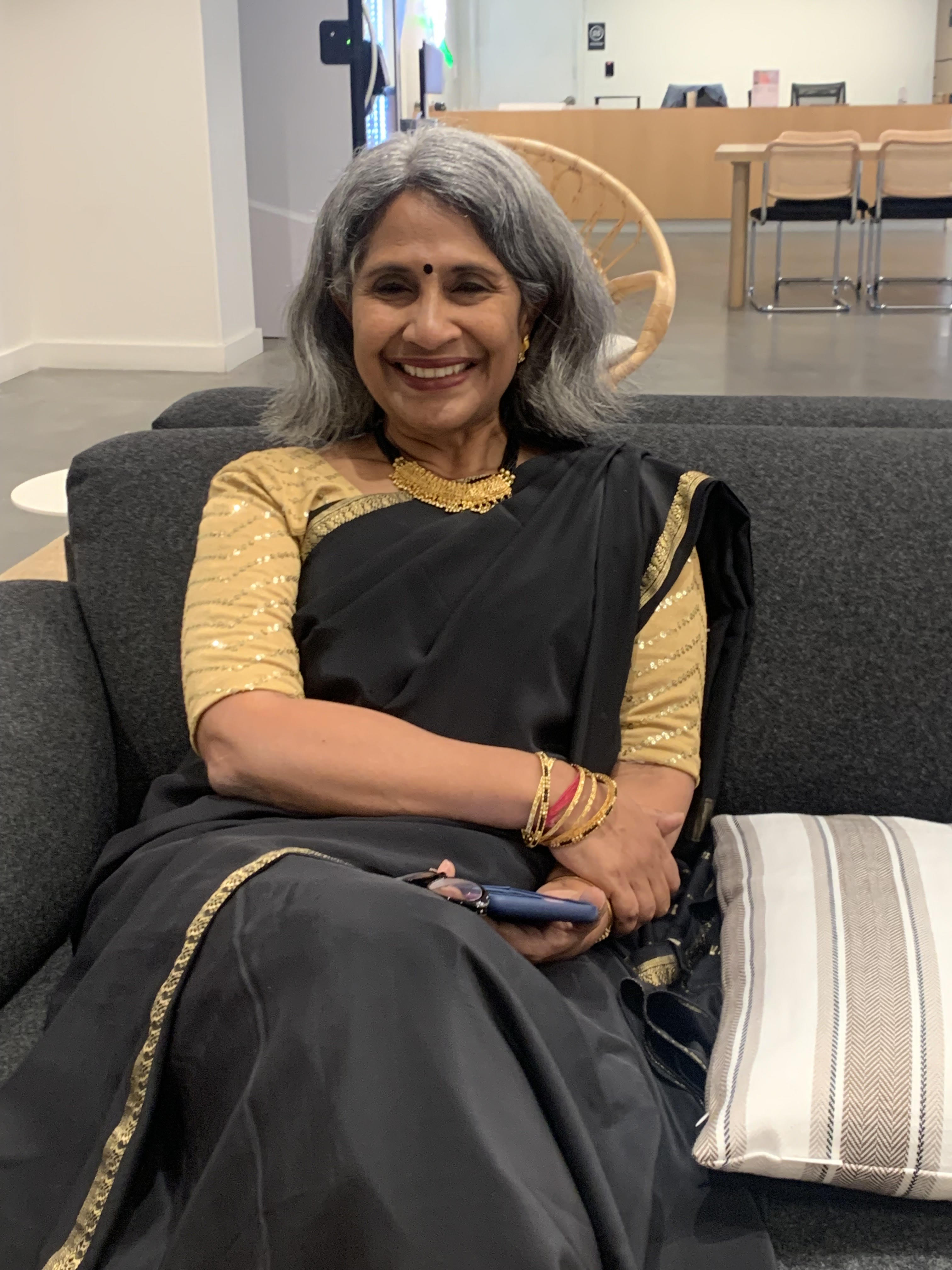 Sunita Viswanath
Sunita Viswanath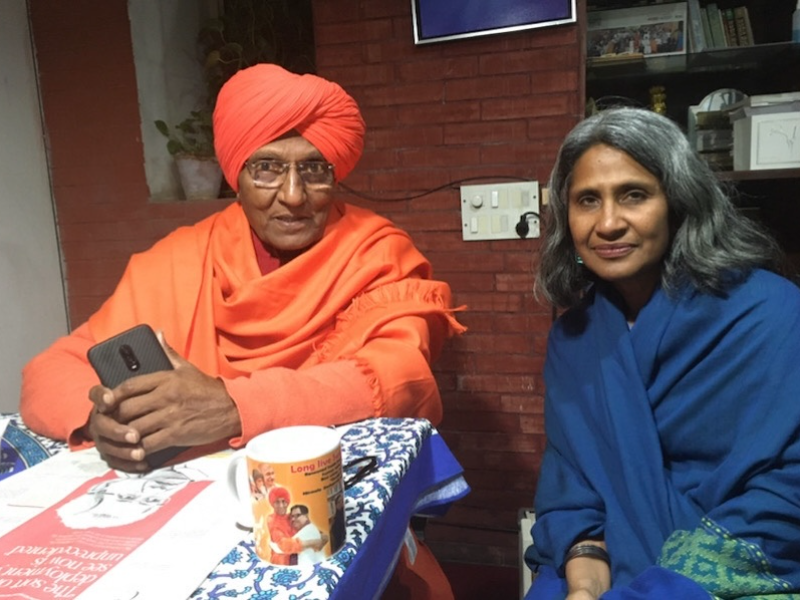
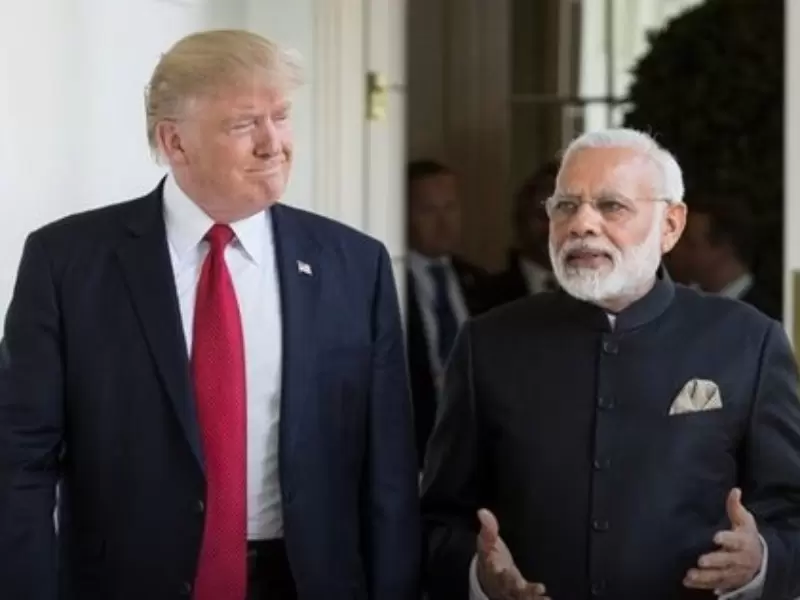
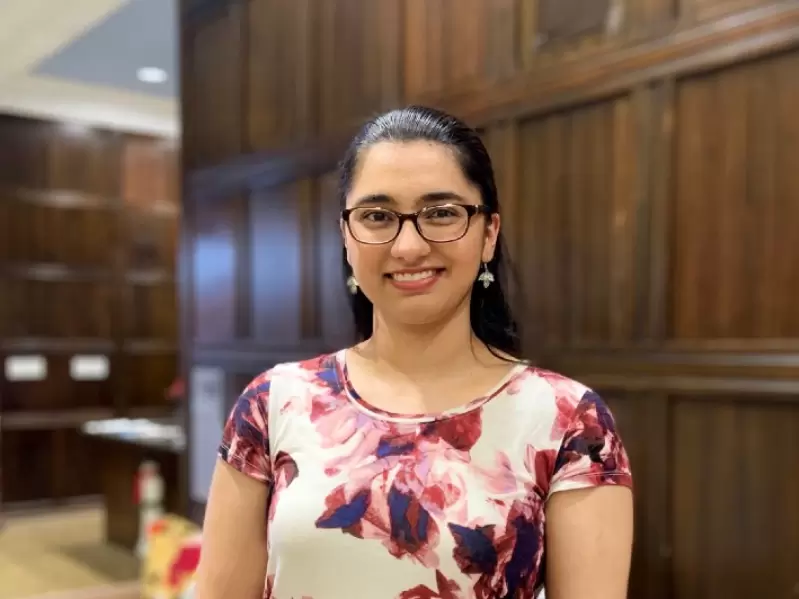
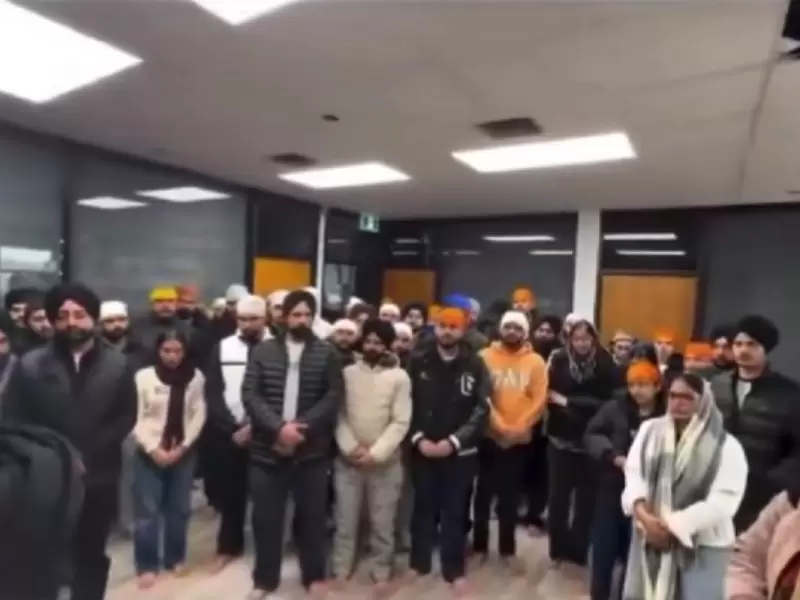

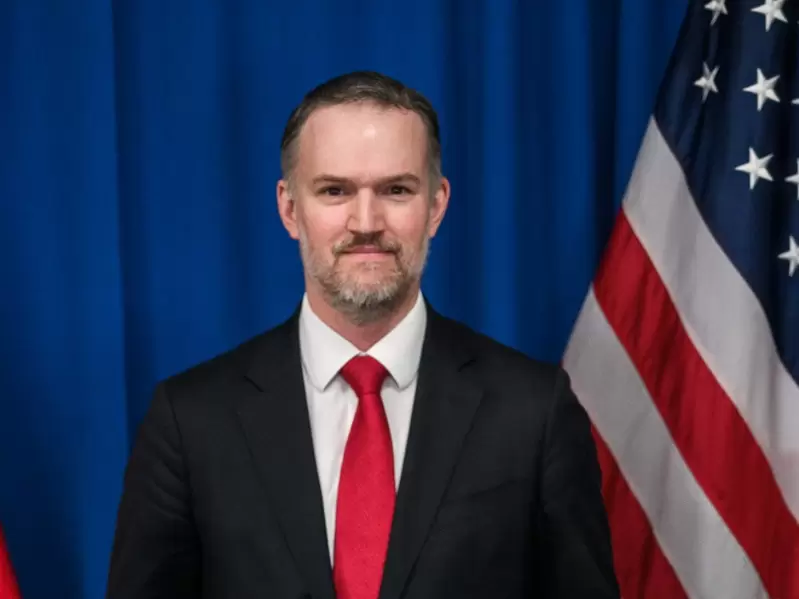
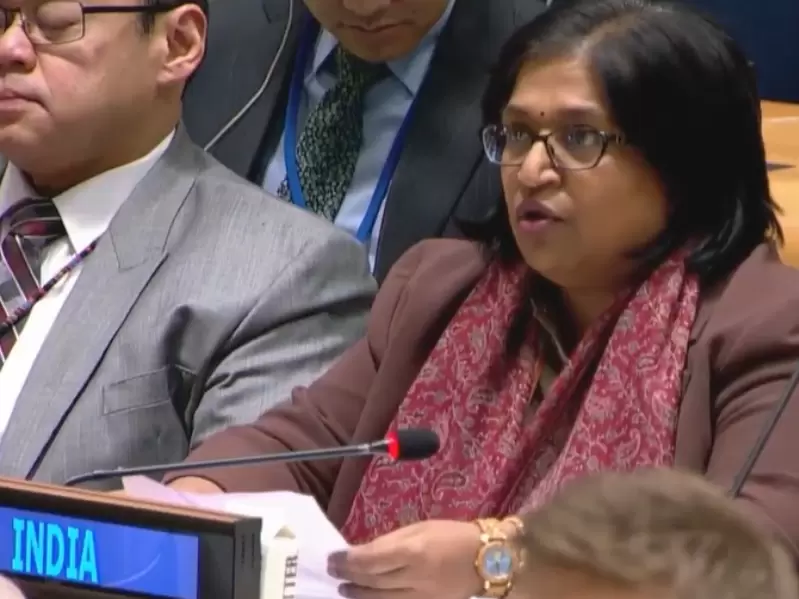
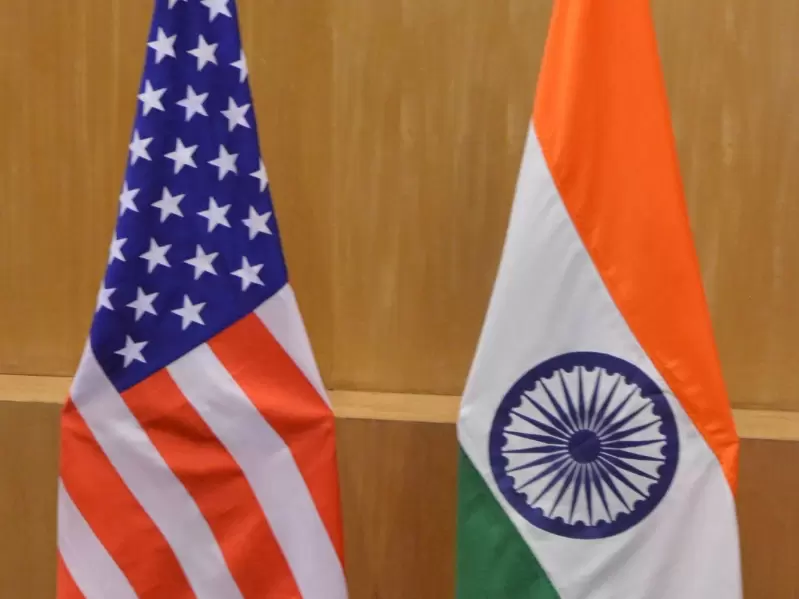
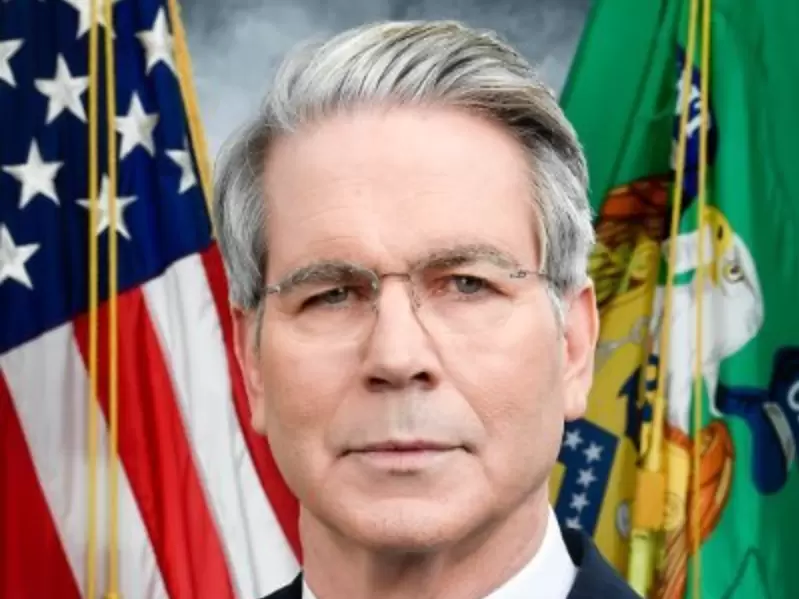
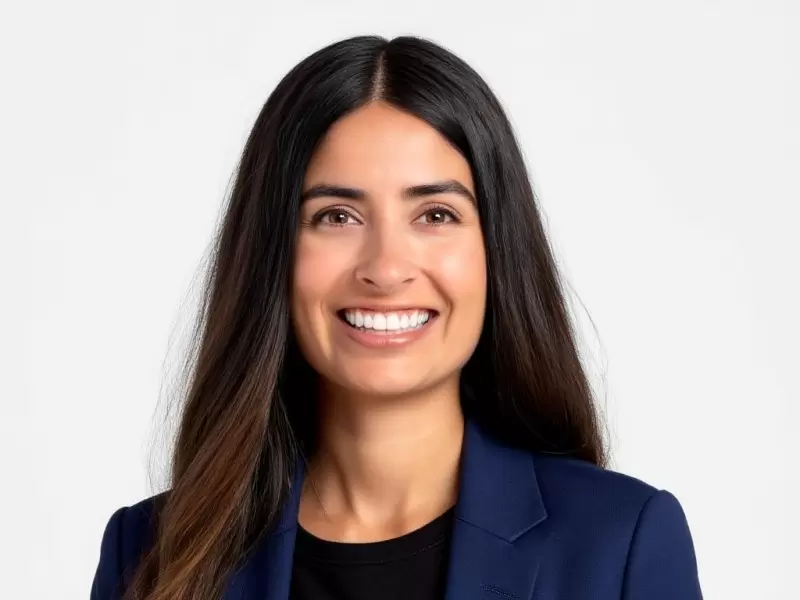
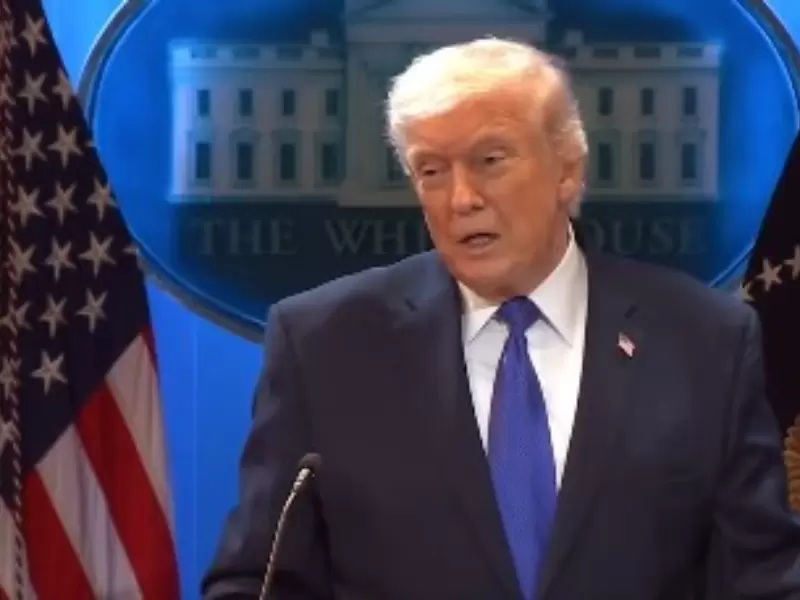
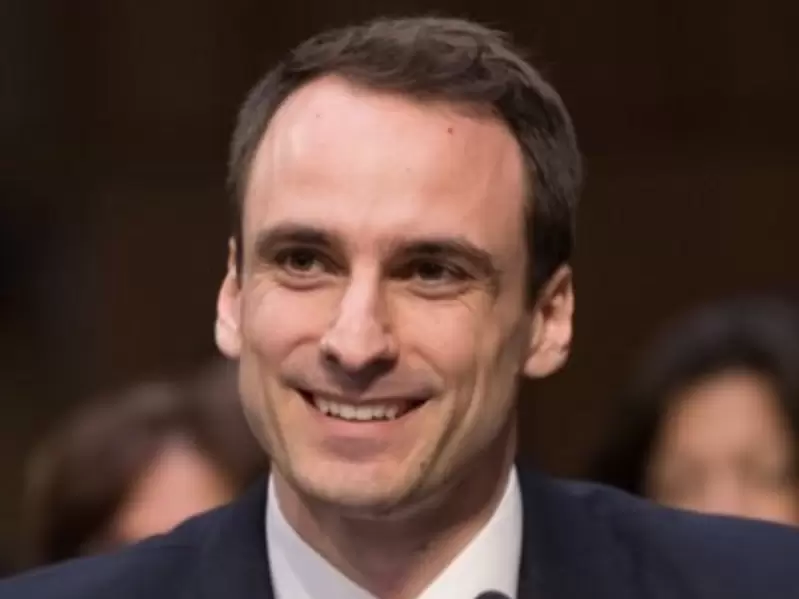
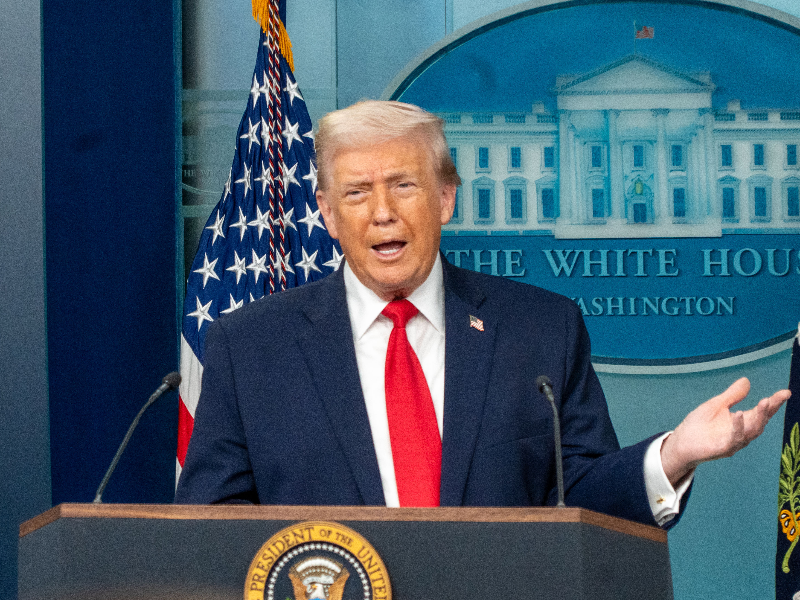


Comments
Start the conversation
Become a member of New India Abroad to start commenting.
Sign Up Now
Already have an account? Login